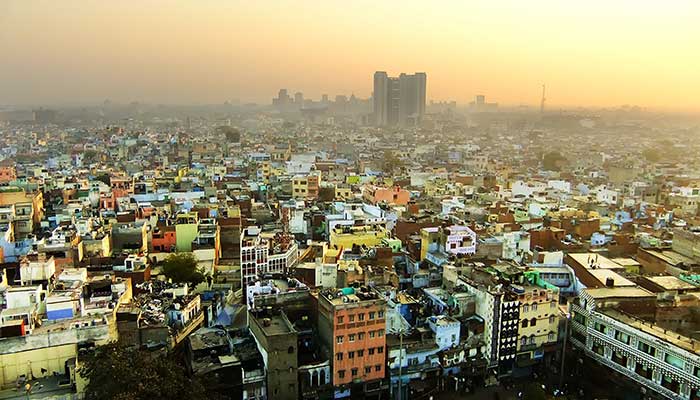Cities across Africa, Asia and Latin America are set to host the majority of an anticipated 2bn new urban residents across the globe by 2050, with people moving to cities at the rate of 1.5m every week. The consultants said these people would be looking to settle in a sustainable metropolis with quality infrastructure, open spaces and adequate housing.
In order to capitalise on the potential of rapid urbanisation, cities therefore need to ensure they are places where people really want and choose to live.
Dan Dowling, city and urbanisation director at PwC, explained that competition between cities, for talent, investment and business, is growing.
“Cities’ primary draw has traditionally been employment opportunities, but now people are attracted by the quality of life a city has to offer,” he continued.
This will require “much more” than creating a regulatory or fiscal environment conducive to investment. Cities will need to invest in open spaces, leisure and cultural facilities.
Infrastructure investment will be “fundamental”, according to today’s Rapid Urbanisation review. According to its estimates, approximately $78tn will be needed over the next 10 years to accommodate the coming city growth.
New York, Beijing, Shanghai and London will need $8tn alone, while the deficit in sub-Saharan Africa is “unknown and underestimated”, PwC said.
Strong fiscal governance will be key to success in plugging this gap, it continued. As well as boosting revenues, PwC recommended utilising public-private partnerships.
But across the developing world – where the rapid urbanisation of the next few decades will be concentrated – constraints on government skills, finance and institutions could derail the dividends of this growth.
Medium-sized cities in the developing world, which are set to experience the greatest growth by 2050, will need to increase their local tax revenue base to make the needed changes, PwC said.
Better tax collection, the distribution of the proceeds of new development and the generation of new income streams from services like parking and permits could all contribute, it suggested.
Areas such as housing will also require innovative solutions. From London to Addis Ababa, the pressure to supply affordable housing is “reaching critical status”, PwC said.
In Africa, 60% of the urban population live in poorly serviced and economically isolated informal settlements, while 20-39 year olds in London will need to save for 18 years to afford a home without family assistance, according to the report.
Solving such problems will need new models for land administration and property markets, which some cities are already experimenting with. In Chile, land with secure tenure rights is being given to people to build their own homes, sometimes with basic plumbing or foundations included.
Other examples include modular housing that can be extended as households’ income increases and families grow. PwC said technological developments such as 3D printing could also shake up the housing market into the future, offering a new way to deliver low-cost and decent homes.
A new, “bottom-up” approach to services, based in the sharing economy, cooperatives, micro-industries and greater connectivity, also offers a “major opportunity” to overhaul service delivery.
New technologies can improve cities by facilitating local action and a culture of contribution and enterprise, and embracing technology will also help cities become more smart and efficient.













